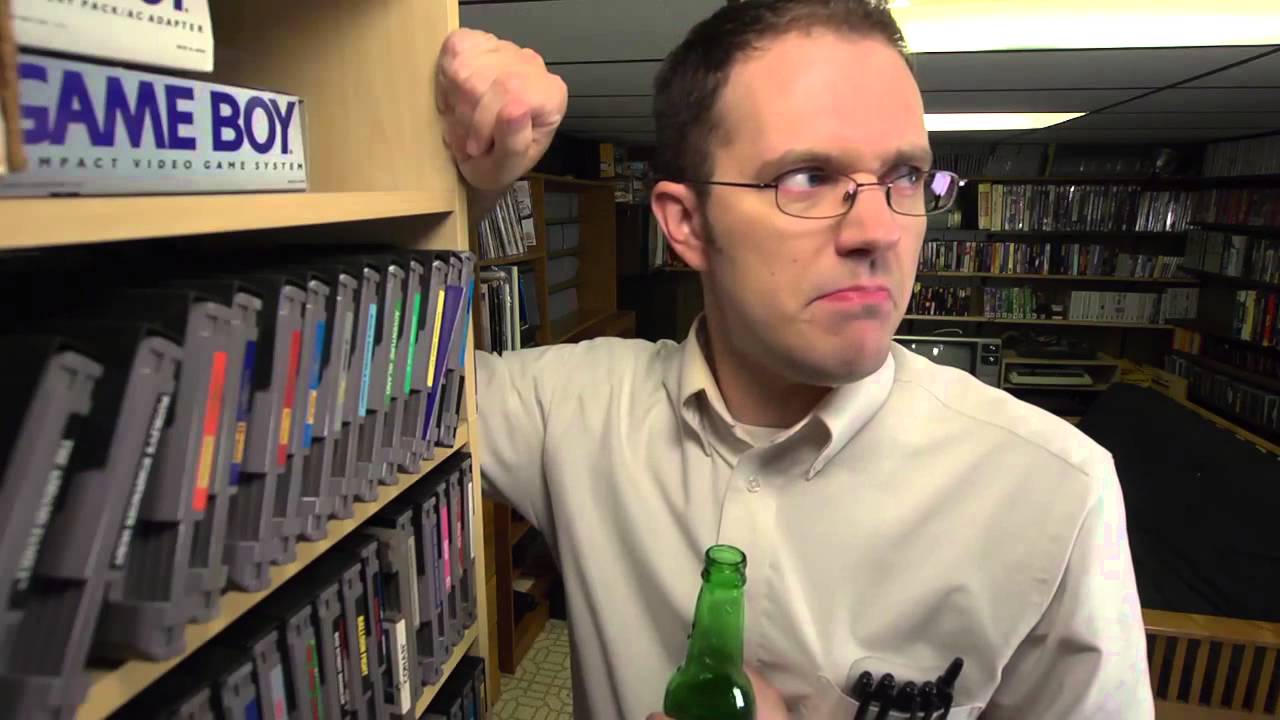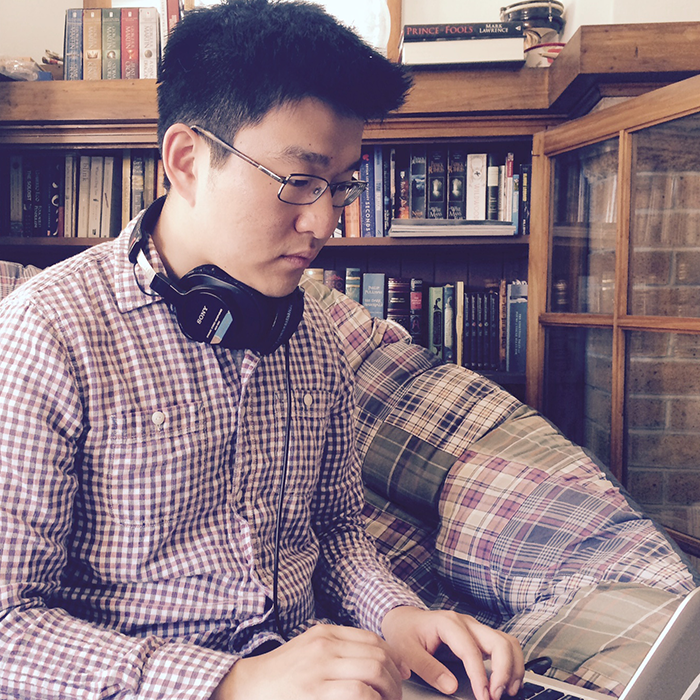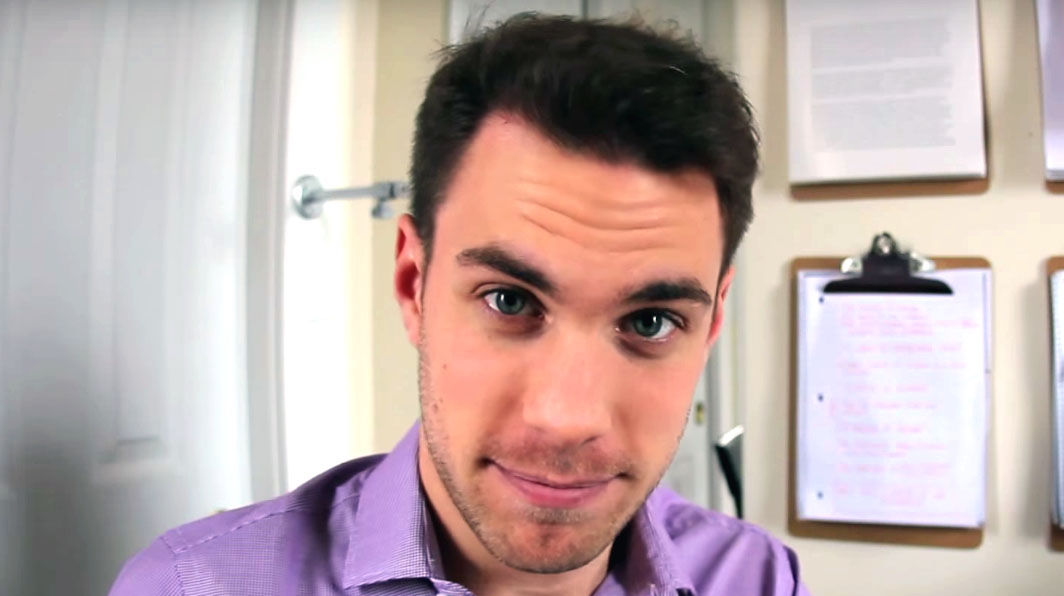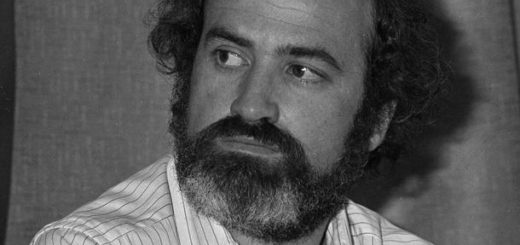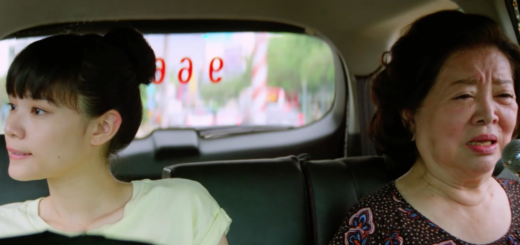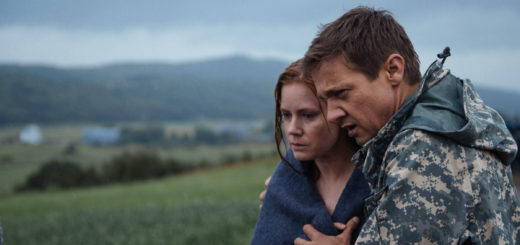THANXFDR: The New Frontier of Internet Education
In this heartwarming seasonal series, the Crossfader staff will be running you through some of the media-related things that they’re most thankful for. Happy Thanksgiving!
I grew up in Bucharest, Romania, a place where reaching out to a local community of filmmakers was rather difficult considering I didn’t speak the language fluently or interact with much of the local art scene as a child. Yet there was always a desire for me to learn more about film, and somehow I did, which is why I grew to believe in something that I like to call The New Frontier of Internet Education. And no, I’m not talking about degrees from The University of Phoenix, here. I’m talking about the YouTubers and web stars that helped me grow as an artist, the people that taught me more about filmmaking than any high school teacher or university professor ever has. Today I want to give thanks to these people, because I didn’t pay tuition to be educated by them, and yet they still did this out of the simple love of teaching, something that very few professors can say for themselves in the 21st century.
There used to be a time when exploring new hobbies and niche interests necessitated asking mom or dad to take you to the nearest music store or summer camp for workshops and classes. The hidden beauty of the digital age is that a teacher is only a click away and before you invest any real money in anything other than your wi-fi connection, you can expand your knowledge of just about anything through the right channels. From 9th grade onwards, I quickly realized my passion for film, but outside of my immense DVD collection, the only person teaching me the specific academics of film form and theory was my Higher Level Film teacher. Looking back, I was fortunate to have a film class in the first place, but attending a 90-minute course three times a week was far from enough to satisfy my burning desire to learn everything there is about filmmaking. So I headed to the internet.
My search could have easily taken me to the countless film forums where people would discuss cinematic history or production techniques ranging from digital arts to rigging light set-ups. But I needed to start at the bottom and lay a foundation for myself. I wanted to go to a school dedicated solely to the craft of film, and just like any other student, I first needed my elementary teacher:
James Rolfe
Cinemassacre was something I initially discovered in 2008 through internet star James Rolfe’s goofy, shoestring-budget web-series THE ANGRY VIDEO GAME NERD (AVGN for short). After I plowed through every single AVGN release and Rolfe’s excess of creative cursing, I discovered a corner of Cinemassacre that I had previously never ventured into. To the right of his “AVGN” tab was a link leading to “MOVIES,” specifically reviews and something dubbed “MONSTER MADDNESS.” I promptly realized that Rolfe wasn’t merely an internet sensation or a comedian with a passion for retro gaming, but a die-hard cinephile with an encyclopedic knowledge of horror film history. I spent the next four years devouring every single piece of content that Rolfe put on the web, and my entire understanding of how film developed over time was shaped by Rolfe’s charming retrospectives. Subversion in filmmaking is something that is especially tough for a young mind to grasp, and explaining it through the specific lens of horror makes it significantly more palatable. What made Rolfe special was that he was never pretentious or self-indulgent in his work. He never claimed to know some sublime truth that his viewers didn’t. He was merely someone who loved fun films and had a passion for teaching what he happened to know. In the same way that an elementary school teacher helps their students discover what their student might want to be when they grow up, Rolfe instilled a love in the history and depth of cinema without ever going over my head in his academia, and that is why he will forever be the most important film professor in my life. For a good place to start in the immense archive of Cinemassacre’s content, look no further than the the heartwarming and spine-tinglingly inspiring special feature, THE DRAGON IN MY DREAMS, which allows Rolfe to self-effacingly justify his passion for filmmaking and the power of imagination. More beautiful than anything else, this video helps shed a light on where Rolfe’s love for nostalgia derives from (whether video games or films). Be prepared for tears, because you’ll be hard-pressed to find a video that hits as close to home for a fellow artist as this.
Tony Zhou
Every Frame A Painting’s stylish, brisk, and charmingly unique video essays have only been around for little over a year now, but in that short time, I quickly realized that it was everything I was looking for as a cinephile who desired to learn more about how and why a certain scene or film works. Zhou’s unique credo lies entirely in the concept that film theory can be found just about anywhere. Therefore, the unique perks of video essays’ combination of footage and voice-over can allow for Zhou’s channel to be dedicated entirely to film form instead. Zhou began to teach me how certain directors accomplish their goals through the seamless integration of camera, audio, production design, and post-production. By shining a light on the smaller facets of filmmaking, Zhou began to help me understand that everything is important and that no decision is too small (In Praise of Chairs is a fantastic example), and that dump-truck directing should never be an acceptable approach to a scene. Zhou’s twitter page quickly became a wealth of knowledge in its own right, but his page maintains a certain level of unrivalled quality that allows for fans to accept the slow turnaround. James Rolfe taught me to unequivocally love film, and Tony Zhou taught me why it is that I love certain films over others. It’s hard to recommend just one video, and it’s unfortunate that most people will probably only watch his most popular pieces on Jackie Chan, Michael Bay, Edgar Wright and Steven Spielberg. This is why I am going to advise that you start with his fantastic look at Bong Joon-Ho’s classic, MOTHER, the video that helped me understand why I need to consume everything Zhou creates.
Evan Puschak
If James Rolfe was my elementary school guidance counselor and Tony Zhou was my high school film teacher, Evan Puschak’s Nerdwriter1 is my college professor, astutely broadening my knowledge of film and carefully interlacing the complexities of cinema with his beautiful understanding of art and poetry. But it doesn’t stop there. Puschak’s greatest asset is his ability to communicate that there is important information to glean from everything ranging from Reddit to Craig Ferguson. His knack to leave questions floating in the air at the end of his videos encourages a meditative stint of consideration following every analysis, allowing viewers to re-evaluate everything they have learned. The regularity of his uploads, thanks in part to a committed Patreon fund, has allowed his videos to become the most visually polished within YouTube’s Education category, and for that I have nothing but the utmost respect. The day Puschak uploaded a piece on Jacques Louis David’s The Death of Socrates, I discovered a facet of cinema I had never truly explored properly: the integration of classical art to refine camera composition. From there on out I was sold, and Nerdwriter1 not only became weekly intake for me, but set up a credo that (when combined with the teachings of Zhou) allowed for me to refine what I wanted my art to look like.
Rolfe, Zhou and Puschak’s work ultimately led me to taking a hit at video essays myself, culminating in my release of Pedro Almodovar – Old Story/New Face under the ImmigrantFilm pseudonym, and since then I have not only grown as a filmmaker, but a film analyst and critic, leading to my eventual involvement in Crossfader Magazine after a stint spent writing up pieces on Letterboxd. If that isn’t enough to prove that the new age of web professors have had a palpable effect on a person’s life, I don’t know what is, and I thank Mr. Rolfe, Zhou and Puschak for it every day.

